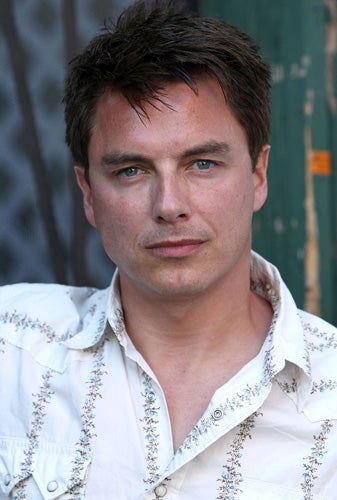BBC report criticises 'invisibility' of lesbians and bisexuals on television
It found that while gay men are still under-represented on television, the visibility of other non-hetrosexual orientations is far less

Lesbians and bisexuals have significantly lower representation on television than gay men, who are also under-represented on our screens according to a new report by the BBC.
The report, which included an in-depth consultation of leading lesbian, gay and bisexual (LGB) expert groups and individuals, found that lesbian women were “relatively invisible compared to the level of coverage of gay men”.
The report did not include information about the representation of transgender individuals on television.
Although gay men were perceived by LGB experts to have greater representation on television, the range of portrayal of gay men is felt to be too narrow and reliant on outdated stereotypes.
“Gay men seem to be so much better represented [than lesbians], although I’d say they get slotted into the camp niche and the diversity of their representation is consequently restricted," said a spokesperson for arts trade union Equity.
“Gay male representation is improving, although camp gay men are still the norm, especially in comedy scenarios.”
Bisexuals were felt to have the most insufficient coverage of all three sexual orientations.
The report looked across the BBC’s entire television output, as well as radio and online. TV genres news, drama and factual were the most talked about among the LGB experts, who reported that news and current affairs programmes sought to oppose two extreme perspectives without giving more nuance.
A spokesperson for the gay, lesbian and bisexual charity Stonewall said in response to the report: “Portrayal on the news is not incidental. It is very much a story about ‘somebody is gay’. It is often a platform given to shrill voices that are real minority voices with certain faiths and there is a tendency for antagonistic opposites.”
In drama, the report called for more story lines where a character’s sexuality is incidental to the plot and not the driving-force behind their actions. Doctor Who was commended as a programme that uses incidentally gay characters who do not present an issue or a plot-line.John Barrowman (pictured) plays gay character Captain Jack in the Doctor Who and Torchwood series.

Watch Apple TV+ free for 7 days
New subscribers only. £8.99/mo. after free trial. Plan auto-renews until cancelled

Watch Apple TV+ free for 7 days
New subscribers only. £8.99/mo. after free trial. Plan auto-renews until cancelled
The report also recommended that the BBC should incorporate LGB characters into its children’s programming to familiarise audiences and “validate children who are going through their formative years and who may be LGB”.
A spokesman for Families Together, a charity serving the families of children with disabilities, said: “[The] best way to help is for young children from nursery age upwards to be exposed through children’s programming.
“Not all children have mummies and daddies, some people have two mummies. All aspects of diversity- black mother white father, father without a leg. BBC has to get their heads round creative programmes being done in a sensitive way. BBC has to grow up.”
Subscribe to Independent Premium to bookmark this article
Want to bookmark your favourite articles and stories to read or reference later? Start your Independent Premium subscription today.

Join our commenting forum
Join thought-provoking conversations, follow other Independent readers and see their replies